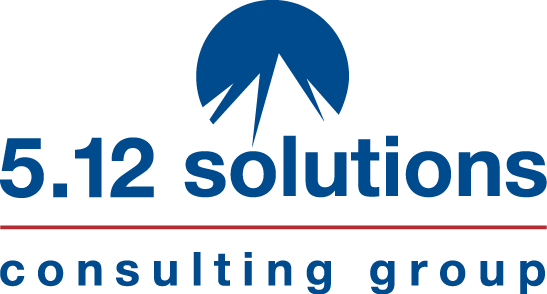Difficult conversations are difficult because they are uncomfortable for most people. But, there are techniques that you can learn to provide feedback in a way that will help an employee improve without coming across as marginalizing.
Here are a few tips to help you avoid running from providing performance feedback.
Preparing for the Performance Review
Providing effective feedback during the performance review should start way before the actual performance review itself.
1. Start by having your employee complete a self-evaluation. This will force the person to think critically and objectively about their performance from the previous year. Have them send their evaluation to you prior to the review so that you have time to digest their input.
2. Go beyond their self-assessment and try to evaluate his/her level of engagement. Here are a few questions you might ask.
- What are three aspects of your work you liked most during the past year?
- What do you like least about your job?
- What are your top 3 strengths and opportunities for improvement?
- What is something new you would like to try in the coming year?
- On a scale of 1-10, how engaged are you in your current role?
During the Performance Review
1. Set a tone of open communication. This will help build trust between you and your employee. It will also dissolve defensiveness and anxiety that the employee may be feeling, allowing for a more productive and less emotional conversation.
2. Start by asking the employee to provide feedback on his or her performance. You may choose to organize the conversation so that the feedback is focused on different components of their work. Regardless, getting the employee to talk first will help build their commitment.
3. Provide your feedback – both positive and constructive. Also, remember to provide feedback on the entire performance year, not just recent and memorable behaviors.
4. If you are offering constructive feedback, ask the employee for solutions on how they can improve. Again, their input will help build commitment and buy-in.
5. Close the session by agreeing on a plan to move forward, having a follow-up session scheduled, and thanking the employee.
And one final note. DO NOT EVER SURPRISE AN EMPLOYEE WITH FEEDBACK THAT THEY NEVER RECEIVED DURING THE PERFORMANCE YEAR. This is an injustice to the employee, to you as their leader, and to the organization as a whole. There are no exceptions to this rule.
